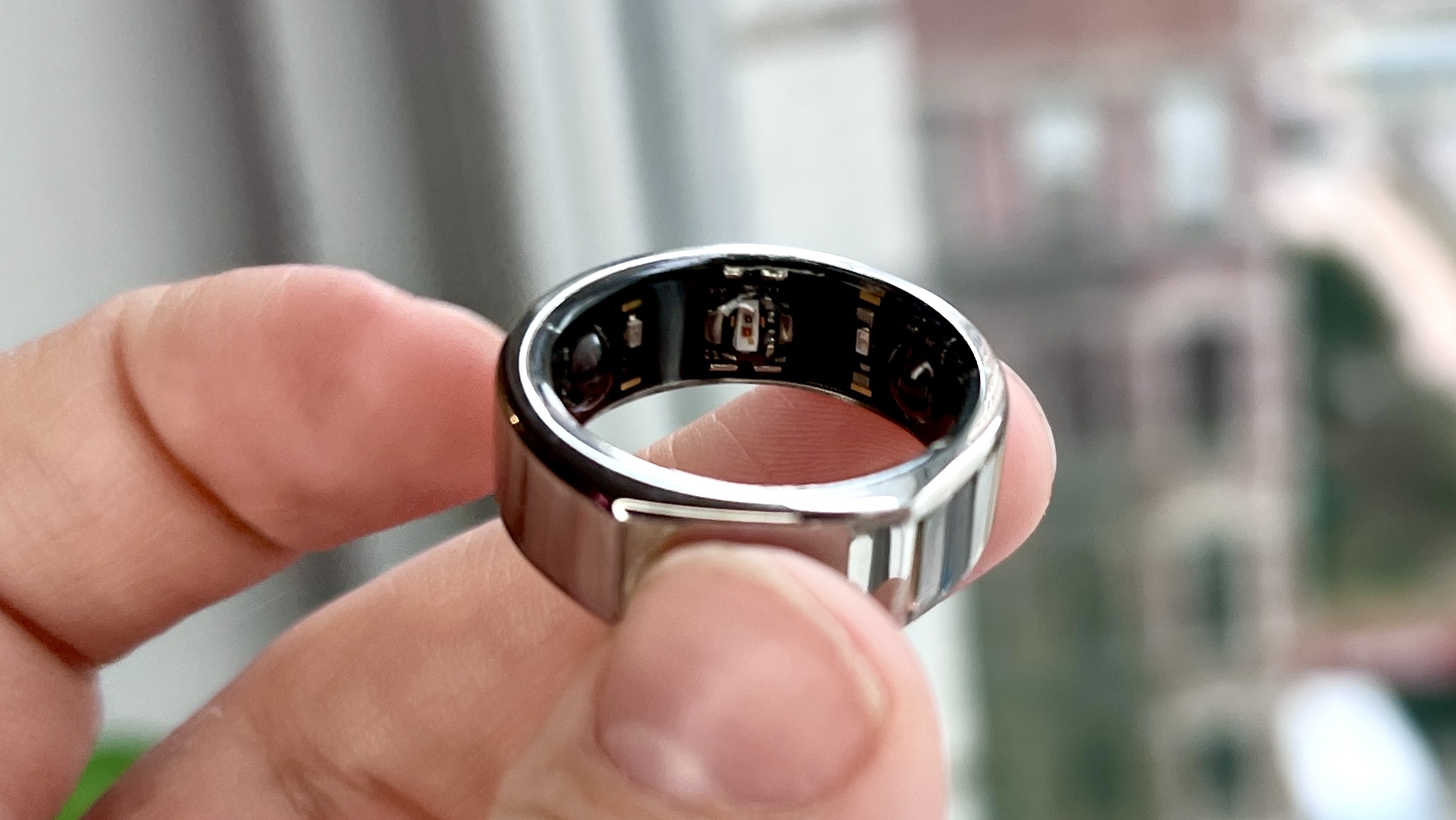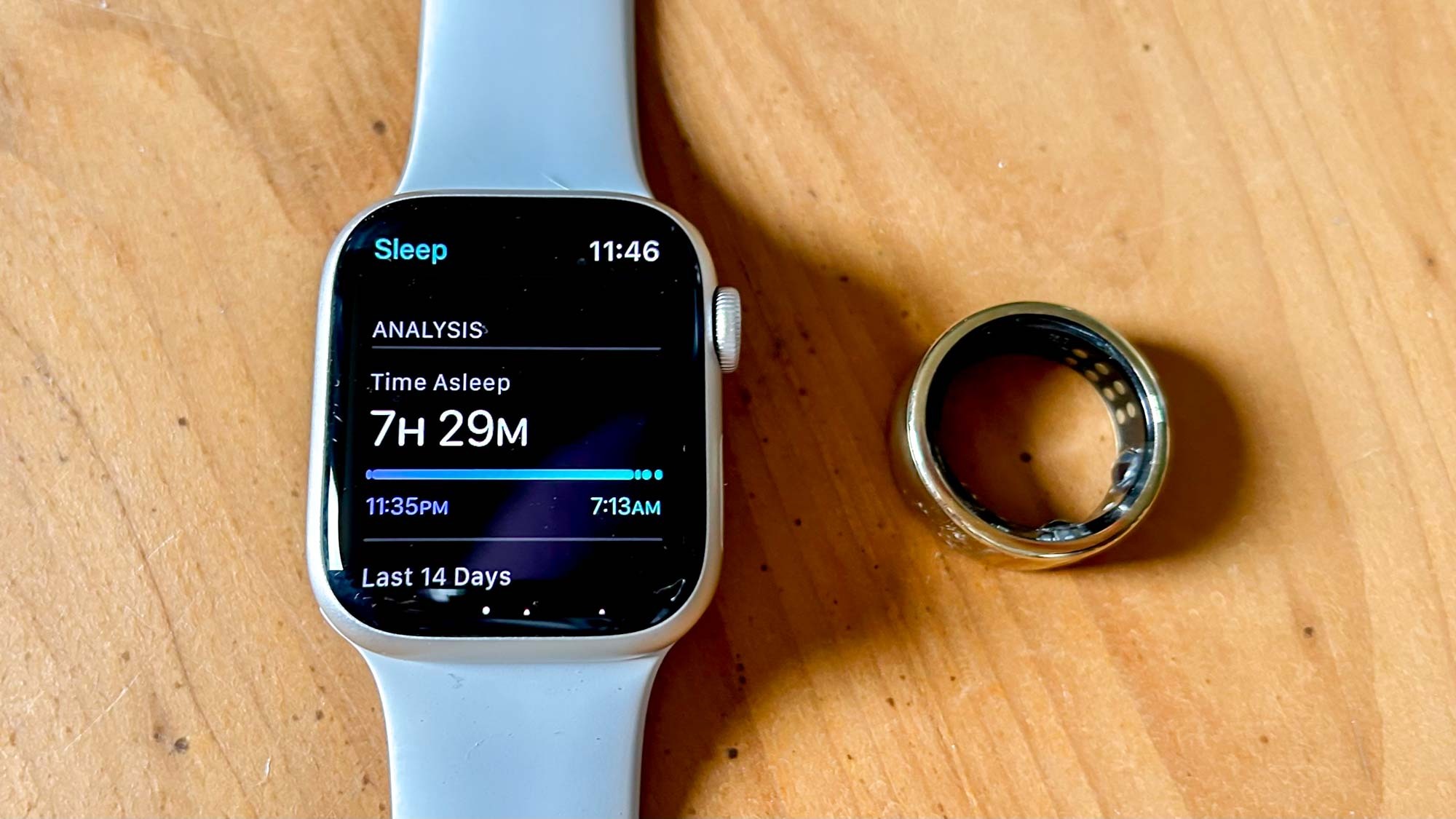
Spend five minutes with me, and I’ll probably have bored you silly about my love for my Oura ring. As a fitness editor, I test a lot of the best fitness tech on the market, but on days when I remove my Apple Watch Series 8, I’ll keep my Oura fixed on my index finger, tracking my sleep, heart rate, menstrual cycle and steps, all while looking like an item of jewelry.
Yet if rumors are correct, the Oura Ring 4th generation looks set to get even smarter, letting you make contactless payments from your finger.
In a recent blog post, Oura announced that they had acquired Proxy, a company that has created a “digital identity signal platform." While it’s not crystal clear, Proxy is a secure service that provides contactless payment features for wearables, like the best smartwatches on the market, but is also used in contactless security services, like keycards.
Oura’s CEO, Tom Hale, said, “We are thrilled to collaborate with the innovative Proxy team to expand our addressable market, paving the way for new opportunities in areas such as payments, access, security, identity, and beyond, fueling future growth. With the acquisition of Proxy, we have the most comprehensive portfolio in the smart ring space.”
While it’s undoubtedly important to keep Oura ring user’s data safe — especially when the device takes basal body temperature readings, used to track ovulation, the mention of “payments” in Hale’s quote hints at contactless capabilities coming to the ring in the future. Similar to Apple Pay on the best Apple Watches or Google Wallet, it is likely the Oura ring will allow you to store your cards on the device, and use them to pay on the move.

Is Oura moving into smartwatch territory?
It’s impossible to know what contactless payments on an Oura ring would look like, especially as the device doesn’t currently have a screen. If multiple cards were loaded onto the ring, for example, how would you select which one you wanted to pay with?
While we have a while to wait, this seems to be a hint that Oura could be moving away from pure wearables, and into the smartwatch market. Will we see an Oura ring that allows you to glance at your pace on the run, or an Oura ring with haptic notifications?
At the moment, part of the device's charm is its simplicity — it looks like a piece of jewelry but acts like one of the smartest health trackers on the market. Will paying with your finger catch on? I’m not sure, but I’m excited to see what comes next.







